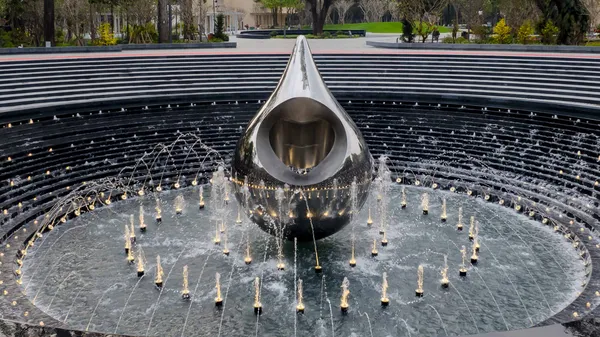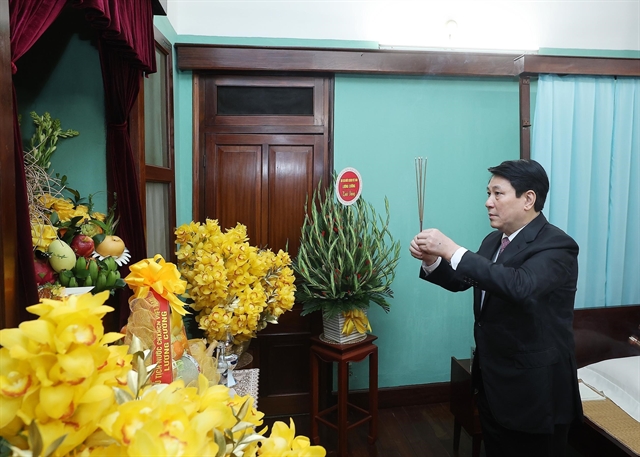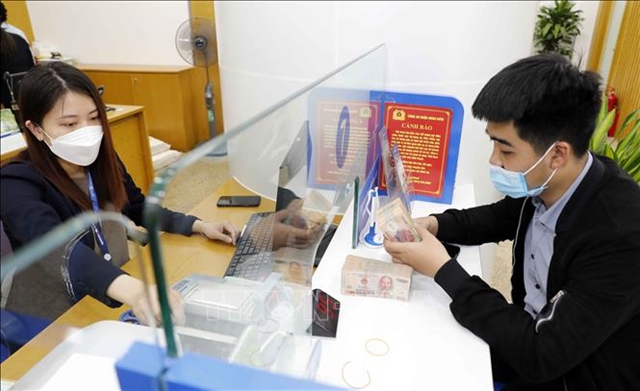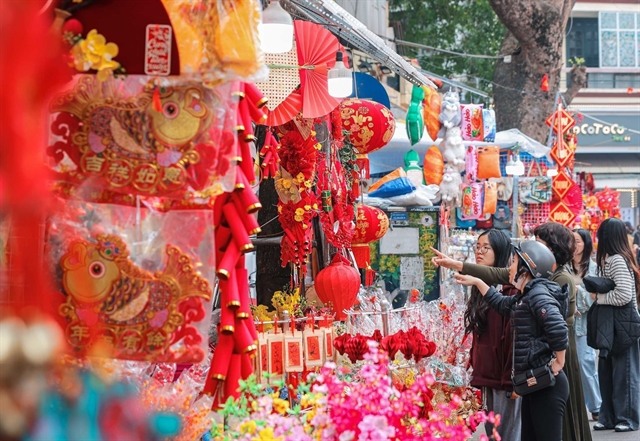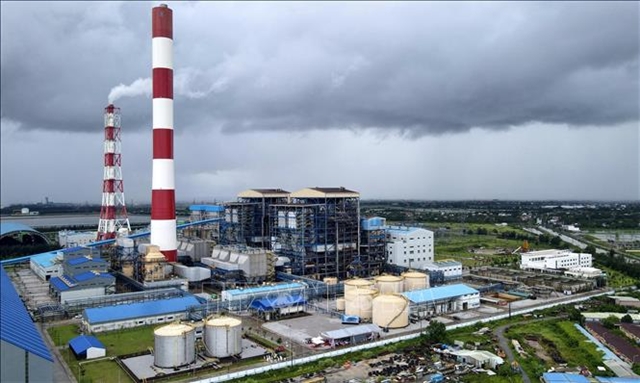 Environment
Environment
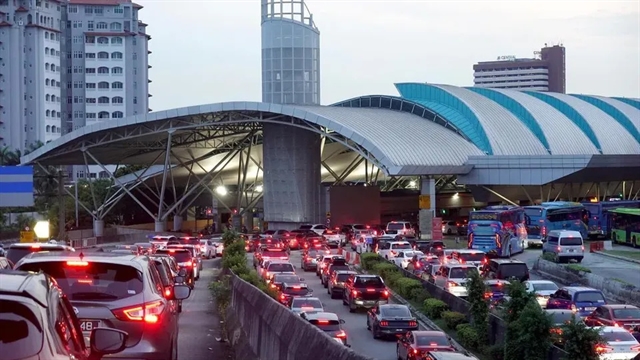
" />The HCM City People’s Committee has announced an action plan in 2016-20 to reduce environmental pollution.
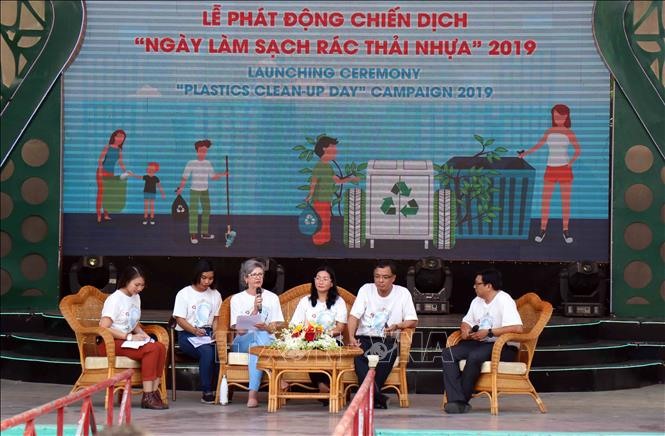 |
| Karlene Davis, New Zealand’s consul general in HCM City (middle), speaks at the launch of the “Day to collect plastic waste” by the city People’s Committee on Saturday. – VNS Photo. |
HCM City – The HCM City People’s Committee has announced an action plan in 2016-20 to reduce environmental pollution.
It will see the quality of waste collection and treatment monitored through cameras.
Authorities and social organisations will promote education about environmental protection, focusing on putting waste in the right place rather than on the streets or in canals and reducing the use of plastic.
The media will aid them in this effort.
District authorities will increasingly monitor environmental protection and apprise the city administration.
The Department of Information and Communications will accept and deal with email, telephone and other communications from the public related to disposal of waste.
The Departments of Industry and Trade Natural Resources and Environment will persuade retailers to reduce the use of plastic bags and products.
The police will increase patrolling and fine people throwing rubbish on streets and in canals.
On Saturday the People’s Committee launched “Day to collect plastic waste” to increase public awareness and publicise activities for protecting the environment.
City leaders along with foreign envoys in the city delivered cloth bags to retailers and customers in Bến Thành Market.
Consulates, city agencies, businesses, and other organisations joined hands with members of the public to collect plastic waste on Phạm Ngũ Lão and Lê Lai streets in District 1.
According to a People’s Council member, in the 2009 – 15 period the city reduced plastic bag usage at supermarkets and markets by 50 per cent and would increase this rate to 65 per cent by 2020. -- VNS

